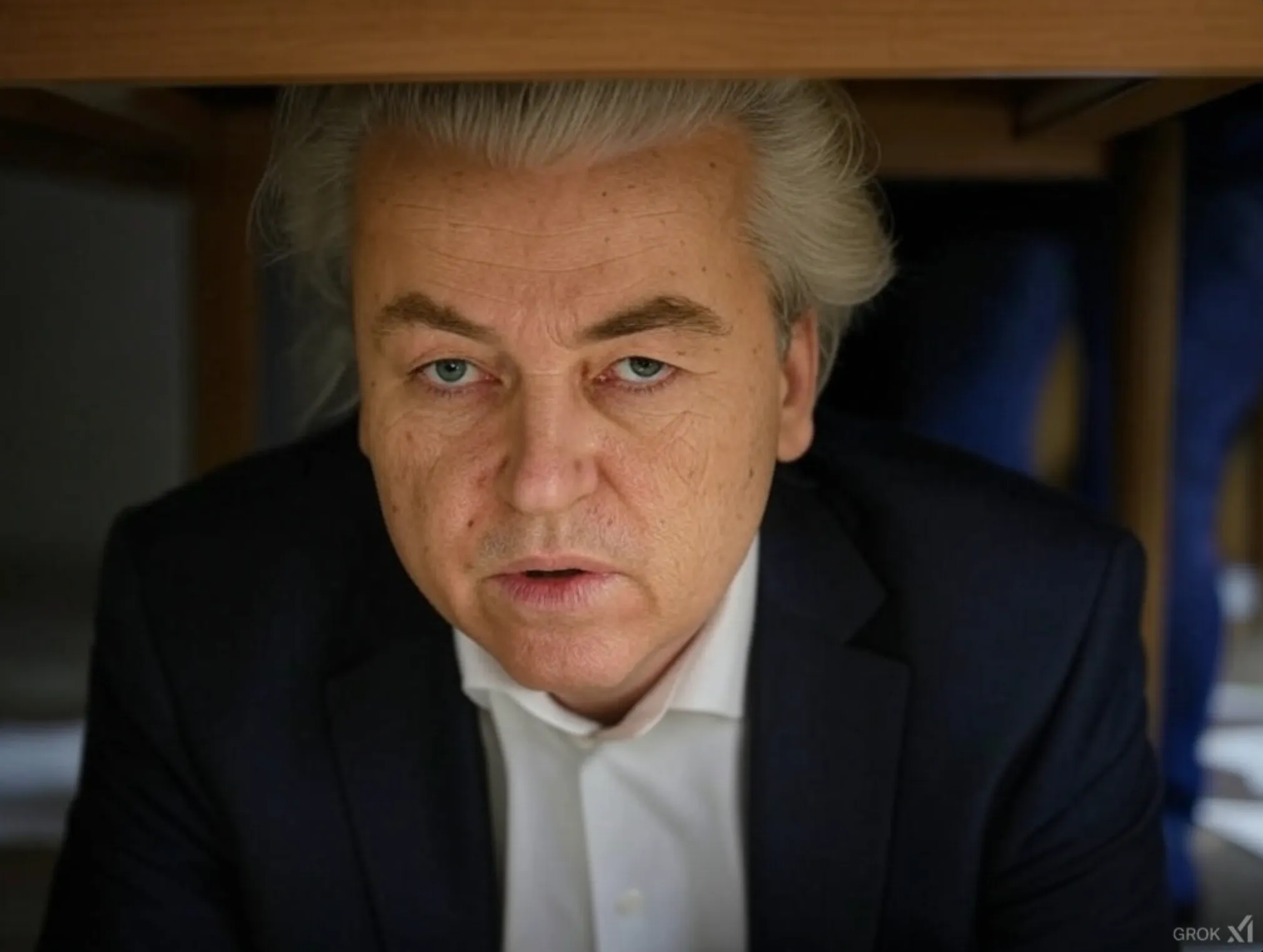Eerbetoon aan Norman Borlaug, vader Groene Revolutie
Hij redde een miljard mensenlevens.
Ter gelegenheid van zijn 100ste geboortedag werd een beeld van Norman Borlaug geplaats in de beeldenhal van het Amerikaanse congres.
Ik vrees dat slechts weinigen van Norman Burlaug zullen hebben gehoord. Toch behoort hij tot de groten van de 20ste eeuw. Volgens schattingen heeft hij zo'n miljard mensenlevens gered door de 'Groene Revolutie'.
Gisteren schreef ik over het nieuwe uitgelekte conceptrapport van het VN-klimaatpanel (IPCC) waarin werd gewaarschuwd voor dreigende voedselschaarste als gevolg van klimaatverandering.
Maar er is niets nieuws onder de zon. Bij het overlijden van Norman Borlaug herinnerde Ronald Bailey aan de onheilsprofetieën van Paul Ehrlich in de jaren zestig over massale sterfte door hongersnoden als gevolg van de sterke bevolkingsgroei.
Baily schreef daarover het volgende:
Norman Borlaug: The Man Who Saved More Human Lives Than Any Other Has Died
Norman Borlaug, the man who saved more human lives than anyone else in history, has died at age 95. Borlaug was the Father of the Green Revolution, the dramatic improvement in agricultural productivity that swept the globe in the 1960s. For spearheading this achievement, he was awarded the Nobel Peace Prize in 1970.
In the late 1960s, most experts were speaking of imminent global famines in which billions would perish. "The battle to feed all of humanity is over," biologist Paul Ehrlich famously wrote in his 1968 bestseller The Population Bomb. "In the 1970s and 1980s hundreds of millions of people will starve to death in spite of any crash programs embarked upon now." Ehrlich also said, "I have yet to meet anyone familiar with the situation who thinks India will be self-sufficient in food by 1971." He insisted that "India couldn't possibly feed two hundred million more people by 1980."
But Borlaug and his team were already engaged in the kind of crash program that Ehrlich declared wouldn't work. Their dwarf wheat varieties resisted a wide spectrum of plant pests and diseases and produced two to three times more grain than the traditional varieties. In 1965, they had begun a massive campaign to ship the miracle wheat to Pakistan and India and teach local farmers how to cultivate it properly. By 1968, when Ehrlich's book appeared, the U.S. Agency for International Development had already hailed Borlaug's achievement as a "Green Revolution."
In Pakistan, wheat yields rose from 4.6 million tons in 1965 to 8.4 million in 1970. In India, they rose from 12.3 million tons to 20 million. And the yields continue to increase. Last year, India harvested a record 73.5 million tons of wheat, up 11.5 percent from 1998. Since Ehrlich's dire predictions in 1968, India's population has more than doubled, its wheat production has more than tripled, and its economy has grown nine-fold. ...
Contrary to Ehrlich's bold pronouncements, hundreds of millions didn't die in massive famines. ...
Borlaug, who unfortunately is far less well-known than doom-sayer Ehrlich, is responsible for much of the progress humanity has made against hunger. Despite occasional local famines caused by armed conflicts or political mischief, food is more abundant and cheaper today than ever before in history, due in large part to the work of Borlaug and his colleagues.
Lees verder hier.
Het blijft een intrigerende vraag waarom de Cassandra's van deze wereld, Zoals Paul Ehrlich en James Lovelock, met academische en andere eerbewijzen worden overladen, ondanks het feit dat hun onheilsprofetieën maar steeds niet uitkomen, terwijl toekomstoptimisten als Julian Simon, Indur Goklany, Bjorn Lomborg en Matt Ridley, wier toekomstverwachtingen beter sporen met de realiteit, vaak worden verguisd. Is de westerse mens, vanwege het Christendom geïmpregneerd met 'schuld en boete', meer geneigd zijn oren te laten hangen naar de predikers van hel en verdoemenis?
Hoe het ook zij, Borlaug is het beste bewijs van de opvatting van Julian Simon dat de mens de 'ultimate resource' is omdat zijn vindingrijkheid tot technologische vooruitgang leidt.
En gelukkig staat de geschiedenis tot dusver aan de kant van de optimisten.
Voor mijn eerdere DDSbijdragen zie hier.


